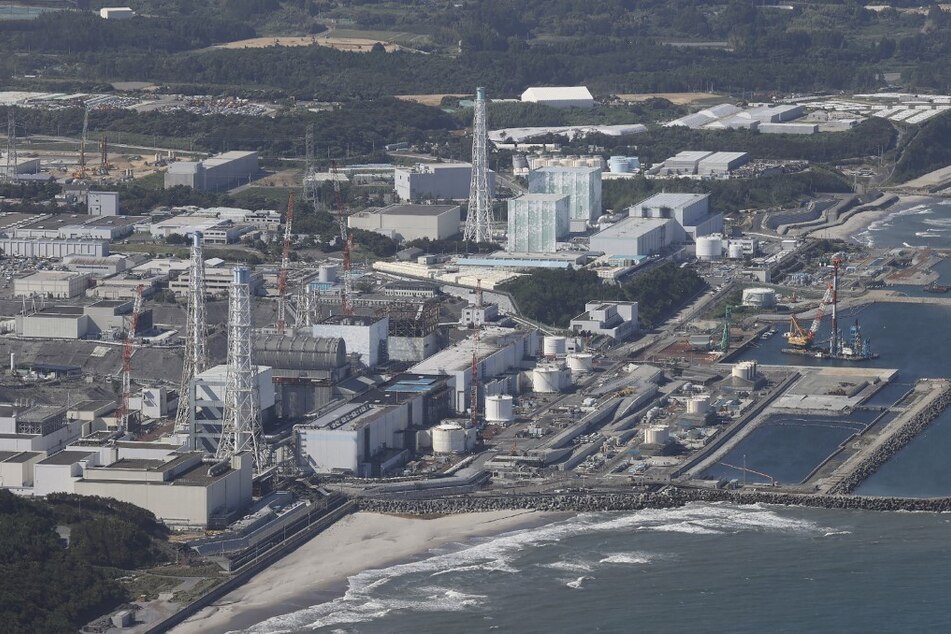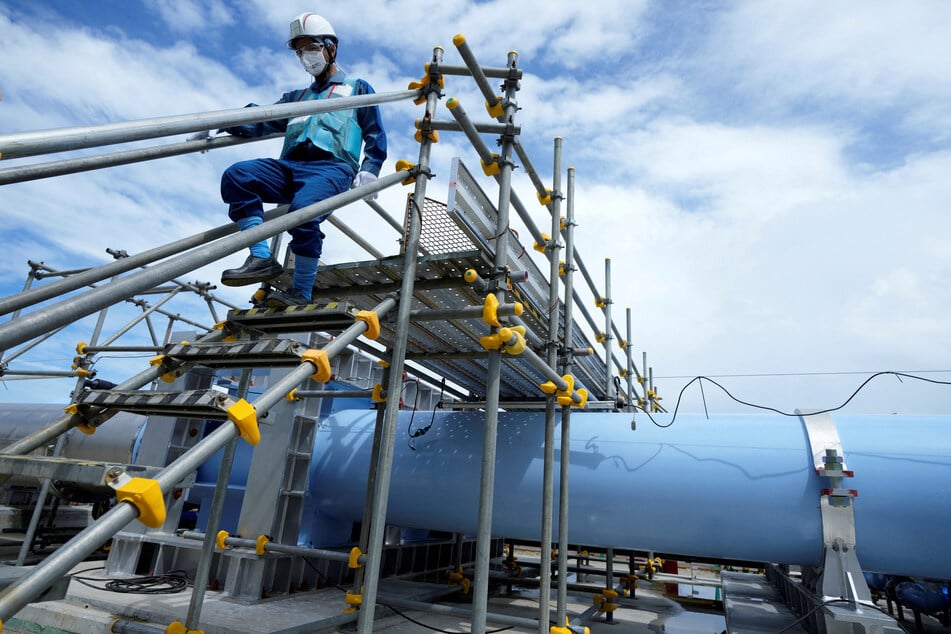Fukushima radioactive wastewater leak sparks renewed fears of environmental contamination
Fukushima, Japan - An estimated 5.5 metric tons of radioactive water leaked from Japan's stricken Fukushima nuclear plant, but no sign of contamination has been detected outside the facility, its operator said Thursday.

A spokesperson from Tokyo Electric Power Company (TEPCO) told AFP that the leak was detected at part of the plant that processes contaminated water.
"We estimate that roughly 5.5 [metric] tons of water leaked" on Wednesday morning, but "there have been no significant changes" at posts monitoring radioactivity around the power station, she said.
Even so, TEPCO plans to remove soil from around the area that may have been contaminated, the spokesperson said, without providing specific details on the location of the leaked water.
The Fukushima plant was wrecked by a huge earthquake and tsunami in 2011 that killed 18,000 people. It was one of the worst nuclear disasters in history.
The clean-up operation is expected to take decades, with the most dangerous part – removing radioactive fuel and rubble from three stricken reactors – yet to begin.
In August, Japan began gradually releasing into the Pacific Ocean 1.34 million tons of treated wastewater that has collected since the catastrophe, saying it is harmless and heavily diluted with seawater.
This view is backed by the United Nations atomic watchdog, but many scientists and impacted communities disagree that the process is being handled in a safe way.
Alaska Natives, Hawaiian nationals, and Pacific Island nations have sounded the alarm over the potentially devastating environmental consequences the wastewater could have on their communities, already left vulnerable by generations of colonial exploitation.
Fukushima leak took place before most radioactive elements filtered out

Wednesday's leak took place at a facility which processes the water before most radioactive elements are filtered out at a different, advanced facility known as ALPS.
TEPCO said the leak from a vent was spotted by a worker who was cleaning the vent before operating the facility.
"Vents should be closed during cleaning, but this time they were open," the spokesperson said.
In a separate incident, smoke and sparks were detected on Thursday at a fan of Tsuruga nuclear power plant, which is in the process of decommissioning.
"The situation was resolved immediately with no injury or leak of radioactive materials," a spokesperson of the operator Japan Atomic Power told AFP.
Many impacted communities are calling for greater research into the potential environmental impact of the wastewater release, as well as a seat at the table in decision-making processes.
Cover photo: STR / JIJI PRESS / AFP

